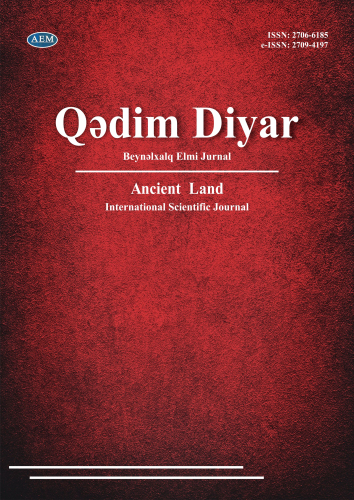https://doi.org/10.36719/2706-6185/43/106-110
Inji Jumayeva
Baku State University
Master student
https://orcid.org/0009-0003-4701-8443
UOT 34
inci.ilqar@mail.ru
Features of the Legal Regime For Computer Programs and Databases in the World's Major Legal Systems
Abstract
Legal regimes for computer programs and databases vary around the world, but share common principles for protecting intellectual property. Computer programs are primarily protected by copyright law, while patents for technical innovations are available in jurisdictions such as the US, EU and Japan. Databases may be protected by copyright for creative works and, in some regions, by additional sui generis rights (e.g. in the EU) or by laws specific databases (e.g. in Japan). Challenges include adapting to advances in artificial intelligence, big data and open source technologies, highlighting the need to evolve legal frameworks to ensure a balance between innovation and protection. In addition, in some jurisdictions, patent law provides protection for software that contains technical or functional innovations. Copyright law (Title 17 of the US Code) protects software, while patents apply to technical solutions. Licensing agreements and case law on fair use play an important role in ensuring compliance. The EU Copyright Directive harmonizes protection by limiting reverse engineering rights to ensure compatibility. Patent protection is granted if software demonstrates a technical effect. Databases, which include data sets, are protected differently in different jurisdictions depending on the originality or significant investment required. Copyright extends to databases created creatively, but the facts themselves are not protected. Licensing and contract law also ensure the use of databases. The Database Directive provides copyright for creative databases and a sui generis right protecting databases created as a result of significant effort, regardless of their originality.
Keywords: computer programs, copyright, protection of copyright, object of copyright, computer software authors, databases, case, database protection

